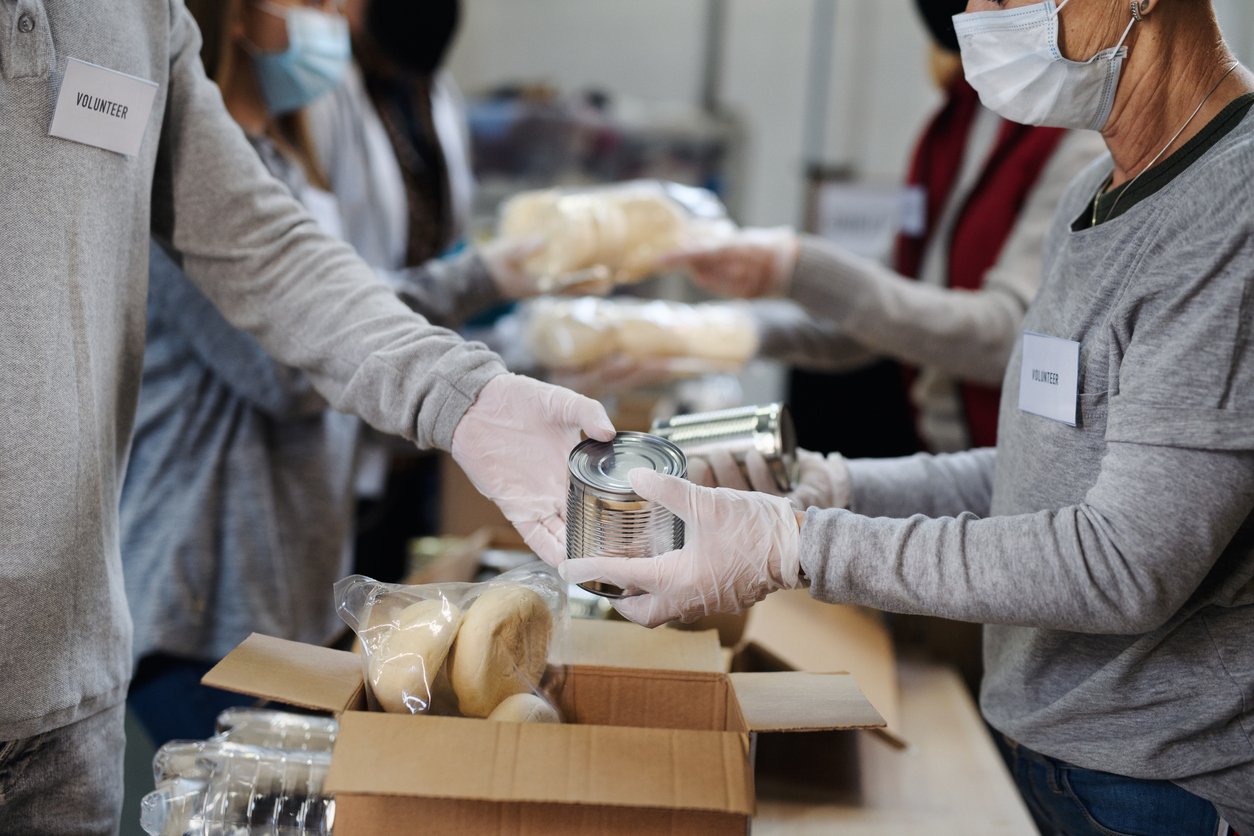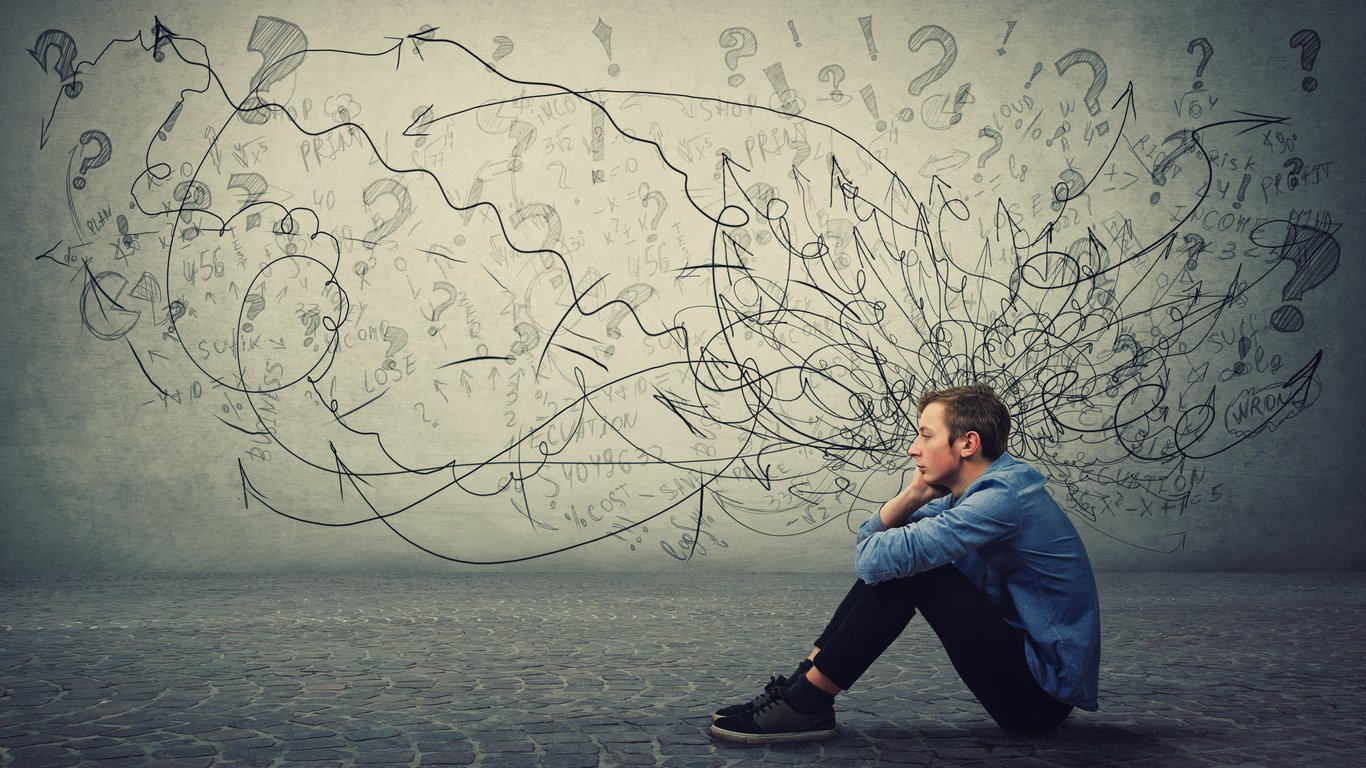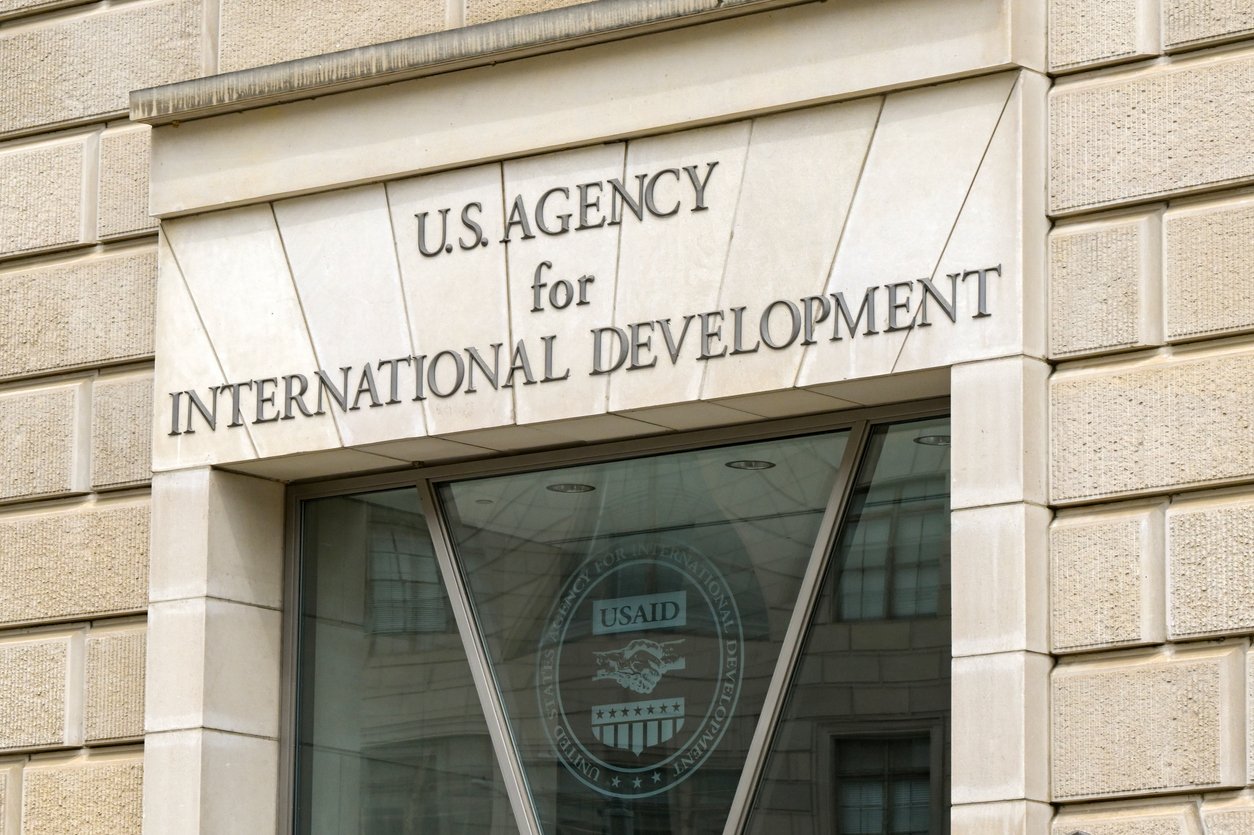One of the aims of a society that aspires to a greater presence of volunteering in its practices and behaviour is to make a significant contribution to valuing human beings. How? By promoting, in volunteering programmes, social learning that enables them to respond creatively to the challenges imposed on them by the contemporary world.
Since 2011, the European Year of Volunteering, Portugal and the other European countries have developed a series of actions that have promoted understanding, visibility and recognition of the value of volunteering.
In 2021 we celebrated the 10th anniversary of the European Year of Volunteering, the year in which PAVE - the Political Agenda for Volunteering in Europe - was created, establishing recommendations for a more efficient and active European policy framework to support and promote volunteering. These promote and support volunteering as a demonstration of European values, providing a vehicle for active citizenship and contributing to social and economic growth.
Ten years later, the aim was to lay the foundations for the construction of a European Volunteering 2030 Plan, which resulted in the Blueprint for European Volunteering 2030. This instrument builds on the strengths of the EPAP, incorporates the sustainable development goals and recognises the impact and results that volunteering has had on our society during the pandemic and in the recovery process. It is intended to be a support and guidance tool for all stakeholders, ensuring greater focus, intensity and speed of investment and development of volunteering.
There is an urgent need to increase the rate of volunteering in Portugal and in Europe. It is imperative to influence policymakers to realise that volunteers are not just a source of labour for essential and meaningful tasks for society, but that they play an important role in social cohesion and interpersonal relationships. They also pave the way for the consolidation of European values. Volunteers must be given voice and space, body and soul, thus ensuring resilient and sustainable communities.
Volunteers must be seen as committed actors in participatory democracy, working harmoniously to improve the quality of life in communities, thus contributing to fairer societies, making it possible and feasible for there to be an inclusive EUROPE and PORTUGAL accessible to all.
It's time to (re)organise and (re)connect people and resources, values and senses of belonging, and to boldly involve and (co)relate territories, institutions and people whose roots lie in this commitment to the whole. They are responsible for involving, making responsible and delegating to many others, in a sui generis way, the noblest values of citizenship, where the practice of volunteering is a fundamental premise.



